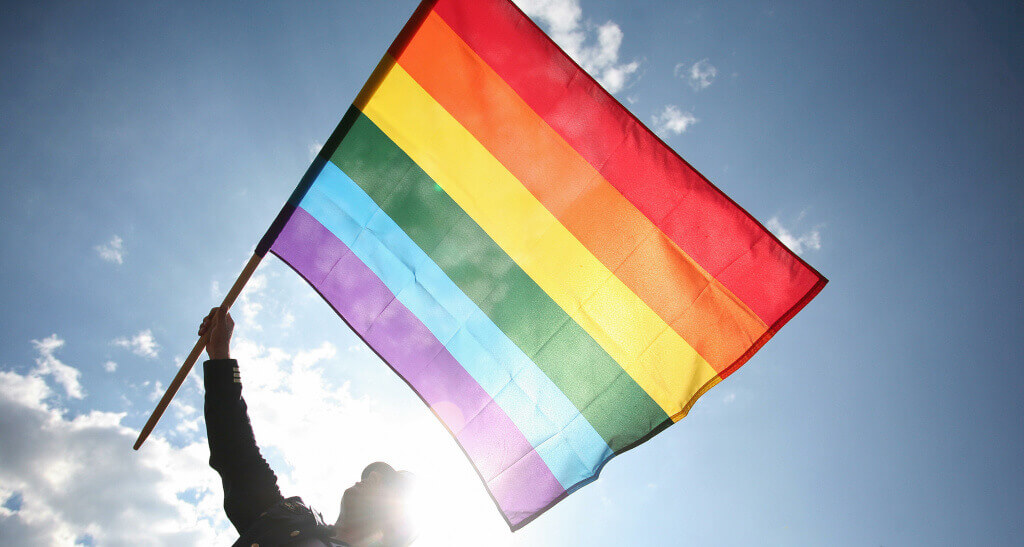Thanks to several court cases and progressive cultural change, same-sex couples are now entitled to the same immigration benefits as opposite-sex couples. LGBTQ fiancés can apply for a fiancé visa. Same-sex married couples can also use the immigration system the same way as heterosexual married couples. Nevertheless, there are some unique challenges that LGBTQ couples face when immigrating.
Contents
Same-Sex Fiancés
Following a Supreme Court ruling in 2015, same-sex marriages are legal in all U.S. states. As a result, it is now easier for LGBTQ couples to use the fiancé visa process to get married in the United States. A foreign national fiancé uses a fiancé visa, also called a K-1 visa, to come into the United States to marry a U.S. citizen. The fiancé visa process starts with the citizen filing a Petition for Alien Fiancé (Form I-129F).
As long as the foreign national meets the standard immigration requirements, the U.S. Citizenship and Immigration Services (USCIS) will allow him or her to enter the country for marriage. Once he or she is in the United States, he or she can change his or her status to obtain permanent residence.
The fiancé visa process is an ideal immigration option for people who are unable to marry in their country of origin.
Same-Sex Married Couples
U.S. citizens and permanent residents who are already married can petition to have their LGBTQ spouses come to the country with a green card (immigrant visa). They must prove that the marriage is legally valid where it took place. For same-sex spouses, that means the marriage should have happened in a country where same-sex marriages are recognized by the law as legal marriages.
The process starts with U.S. citizens or permanent residents filing a Petition for Alien Relative (Form I-130). As long as a spouse meets standard immigration requirements, the USCIS will allow him or her to come into the country as a green card holder.
If same-sex marriage occurred in a country where same-sex marriages are illegal, the United States would not consider that marriage legal. In such a case, a fiance visa lawyer will suggest utilizing the fiancé visa process for the couple to get married in the United States. Alternatively, the couple may get married in another country where same-sex marriages are officially legal.
Children of LGBTQ Couples
Immigrant rights also apply to the children of same-sex couples. When a U.S. citizen or lawful permanent resident petitions to have a same-sex spouse immigrate to the country, the eligibility for immigration to the United States may extend to any of the children of that spouse. The stepchildren of the primary applicant can qualify for immigration as derivatives or beneficiaries. As with heterosexual marriages, the children should have been below 18 when the marriage took place.
Immigrant Rights for Asylees and Refugees
LGBTQ couples can also immigrate to the country through asylum and refugee status. The status can be granted to people looking for protection because of having suffered persecution or fearing they will experience persecution due to religion, race, nationality, political opinion, or being members of a certain social group. In many Supreme Court cases, LGBTQ individuals have been considered members of a social group and have been granted asylum as a result of that.
NBC News reported that from 2007 to 2017, close to 4,400 people had sought asylum in the United States due to their LGBTQ status. Many applicants are from places where homosexuality or same-sex marriages are illegal.
Immigrant rights have changed significantly in the last several years to help equalize the treatment of same-sex couples in the immigration system and protect their rights. An LGBTQ-friendly immigration attorney offers assistance in cases where same-sex couples face specific issues that make the immigration process more difficult.




